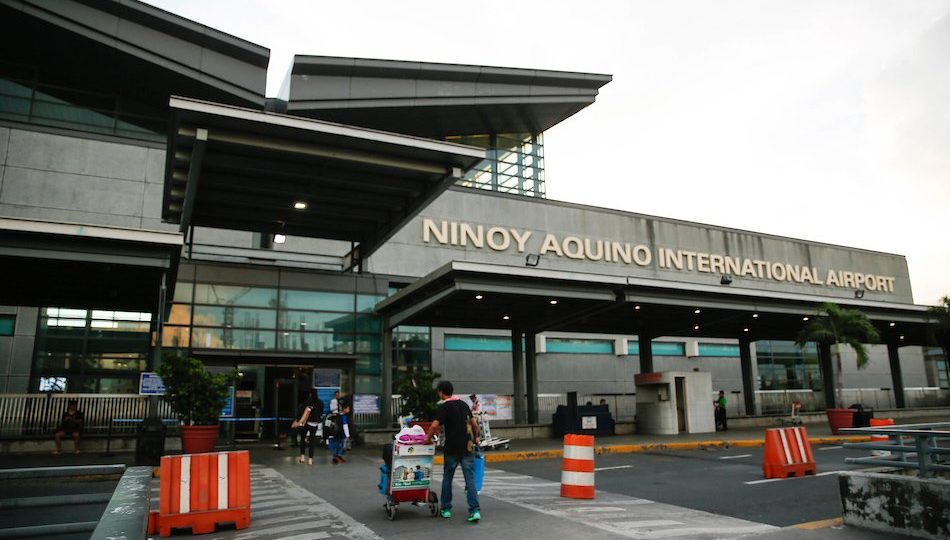Government officials will resume stamping Chinese passports that bear the controversial nine-dash line, the Bureau of Immigration announced today.
The announcement reverses the policy of the past seven years, wherein the Philippines had refused to stamp Chinese passports as a form of protest over the Asian superpower’s claims to the West Philippine Sea based on the nine-dash line, an arbitrary and legally indefensible demarcation China has used to justify its control of vast stretches of ocean.
The policy had been implemented upon the orders of the Department of Foreign Affairs (DFA), which was then headed by Albert del Rosario. It was Del Rosario who led the Philippine government’s team to victory in its arbitration case against China at the United Nations-backed Permanent Court of Arbitration in 2016. The court ruled in favor of the Philippines and invalidated China’s claim over the West Philippine Sea.
When the Philippines was still refusing to stamp the nine-dash passports, the DFA would instead print Philippine visas on a separate sheet of paper for Chinese citizens. Immigration officials, in turn, would stamp these pieces of paper upon a Chinese traveler’s arrival in the Philippines.
However, the DFA is now again printing the visas in the pages of the Chinese passports themselves, and Immigration Commissioner Jaime Morente has instructed his officers to place their stamp right next to the Philippine visas.
Morente said he supported the DFA’s new rule, and said the old practice of stamping on a separate sheet of paper was a security concern “because sheets of papers can easily be lost.”
We will be able to keep track of Chinese nationals entering via visa from our consulates in China or visas upon arrival (after shorter vetting period)—hitherto stamped on slips of paper no one could keep track of. Now visas stamped on permanent Chinese passports—so we know all. https://t.co/gj1PK4Izrm
— Teddy Locsin Jr. (@teddyboylocsin) August 6, 2019
It was in August when the government first announced this policy change, which was approved by President Rodrigo Duterte — a vocal supporter of Beijing — upon the recommendation of current Foreign Affairs Secretary Teodoro Locsin, Jr.
Locsin said he made the recommendation because it would make it easier for the government “to keep track of Chinese nationals” who enter the Philippines.
Thousands of Chinese nationals are working in the Philippines, with some reportedly using falsified documents, prompting Duterte’s National Security Adviser Hermogenes Esperon to call them a security threat.
Yet some government personnel are allegedly in cahoots with these delinquent Chinese nationals. In fact, the Justice Department launched an investigation in July into allegations that some immigration officials at Manila’s Ninoy Aquino International Airport offer “escort facilitation services” in which they help illegal Chinese workers enter the Philippines with no questions asked.
Duterte, meanwhile, has also been hesitant to deport illegal Chinese workers from the Philippines over fears it might also lead to the deportation of Filipinos illegally working in China.
This line was echoed by his spokesman Salvador Panelo earlier this year, prompting the Chinese embassy in Manila to issue a statement saying that it does not encourage its citizens to work illegally in any country, including the Philippines.





Reader Interactions